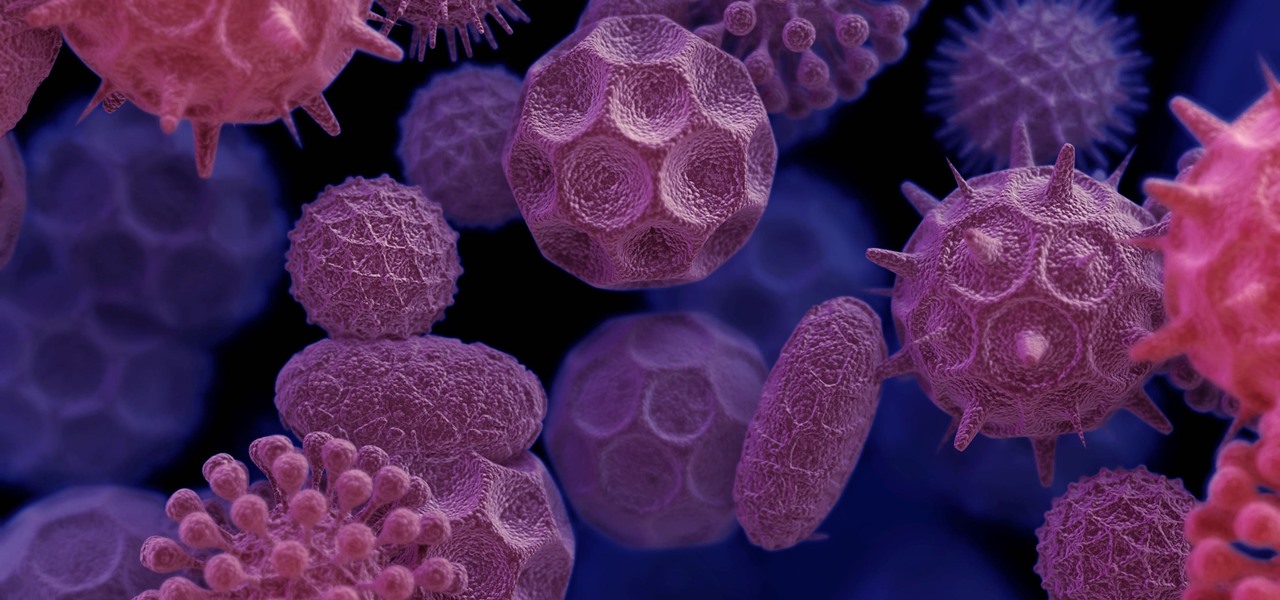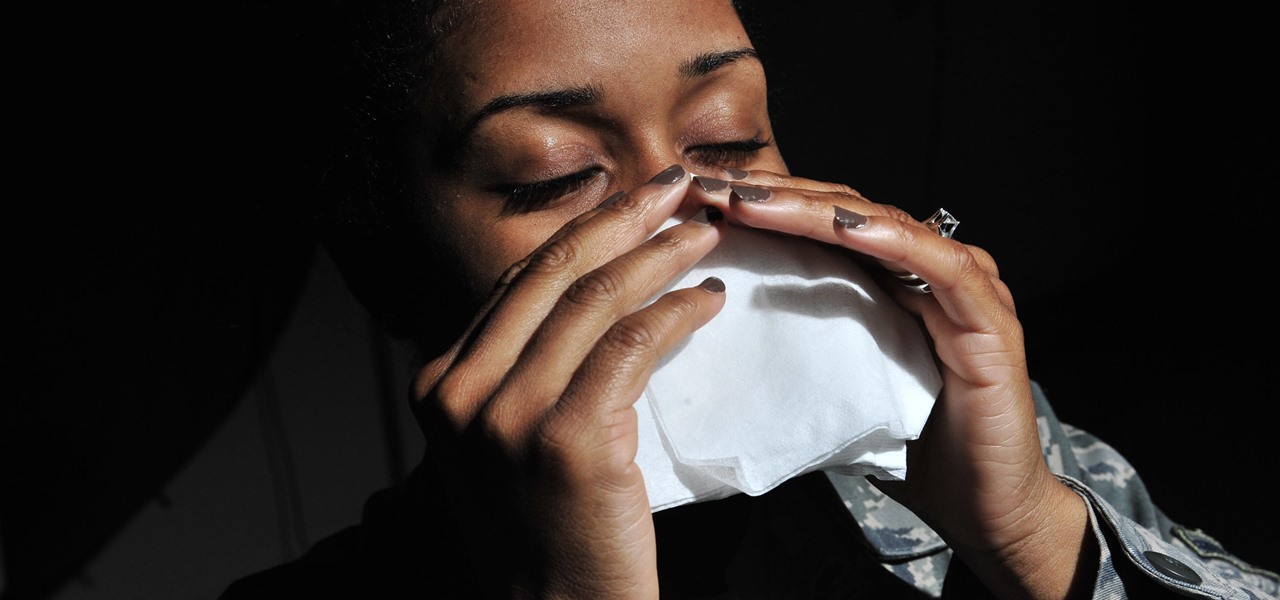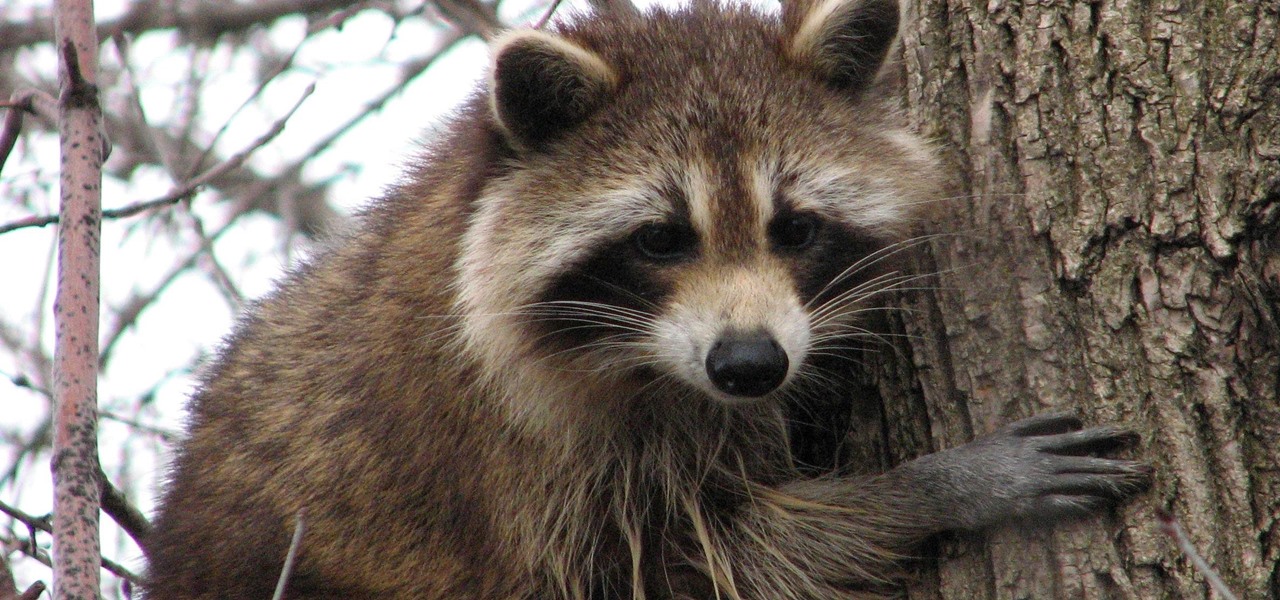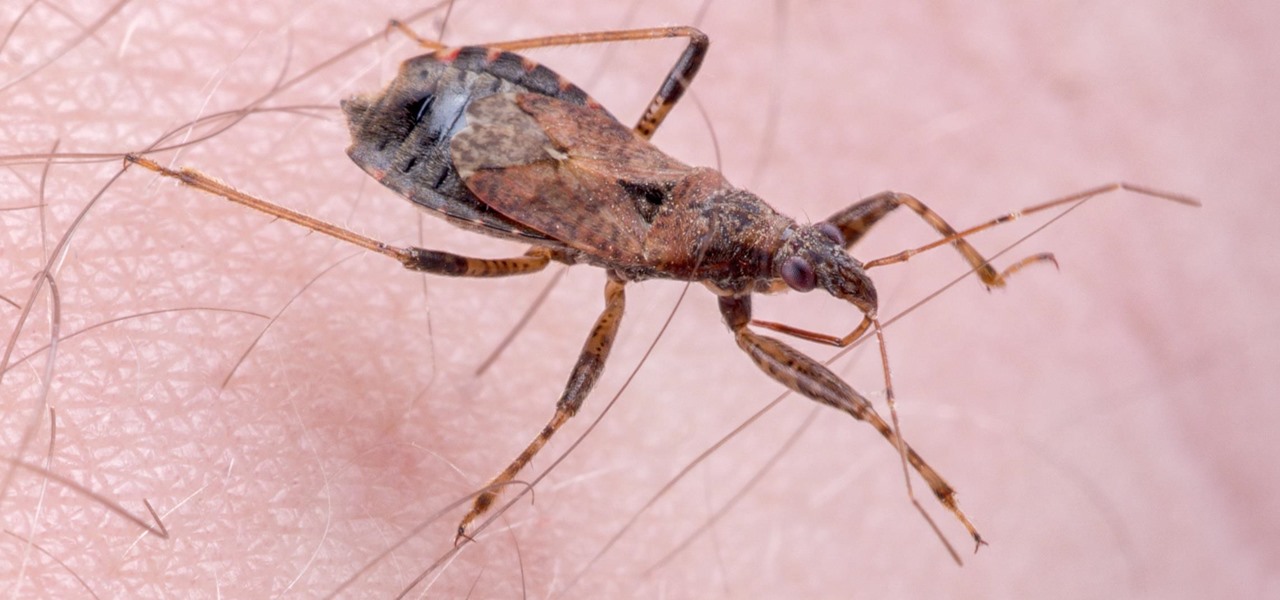Invisiverse Features

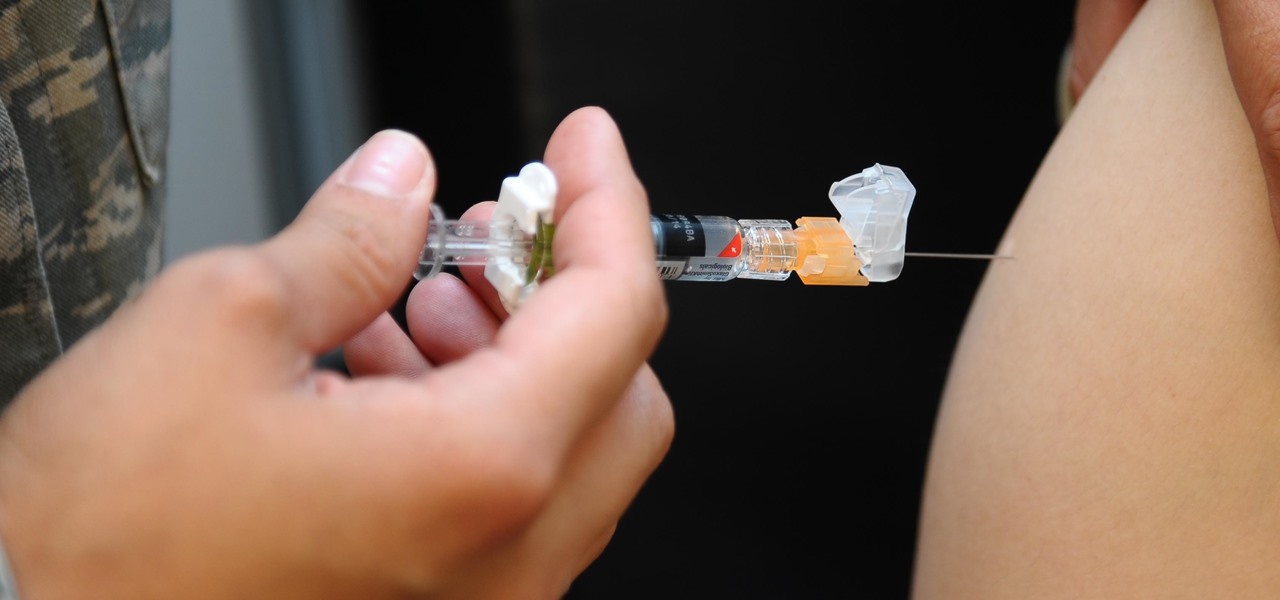
News: Afraid of Needles? You'll Have No Excuse Not to Get Vaccinated with New Painless Flu Patch
A new medical development is going to change the way many of us look at getting the flu vaccine. A painless flu vaccine skin patch is making needles and vials a thing of the past. Researchers from the Georgia Institute of Technology and Emory University have shown that a flu vaccine can be administered safely and comfortably with this new patch, which delivers the vaccine through a matrix of tiny dissolving microneedles.

News: Google's Verily Trying to Debug Fresno with Bacteria-Treated Mosquitoes
For a company more associated with debugging computer programs, Google's parent company, Alphabet, is making a name for itself by taking on the real thing — mosquitoes.

Natural Solution: Extract Synthesized from Maple Syrup Boosts Efficiency of Antibiotics
In the ongoing search to find better ways to use antibiotics, an extract made from maple syrup has some surprisingly important medical benefits.

News: Airlines' Reliance on Group Boarding Could Spread Pandemics
On the airplane, in the middle of cold and flu season, your seatmate is spewing, despite the clutch of tissues in their lap. Your proximity to an infectious person probably leaves you daydreaming (or is it a nightmare?) of pandemics and estimating how likely it is that this seatmate's viral or bacterial effusions will circulate throughout the plane and infect everyone on board.
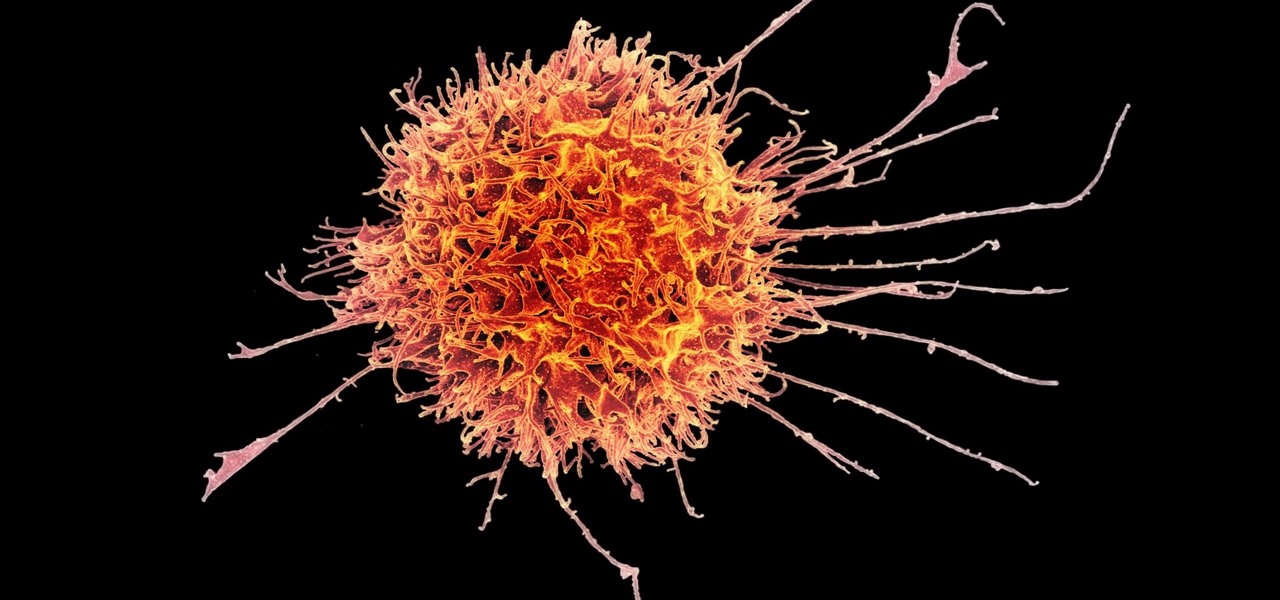
News: Artificial Viruses Provoke the Immune System to Fight Cancer
Cancer cells do a pretty good job of flying under the radar of our immune system. They don't raise the alarm bells signaling they are a foreign invader the way viruses do. That might be something scientists can change, though.
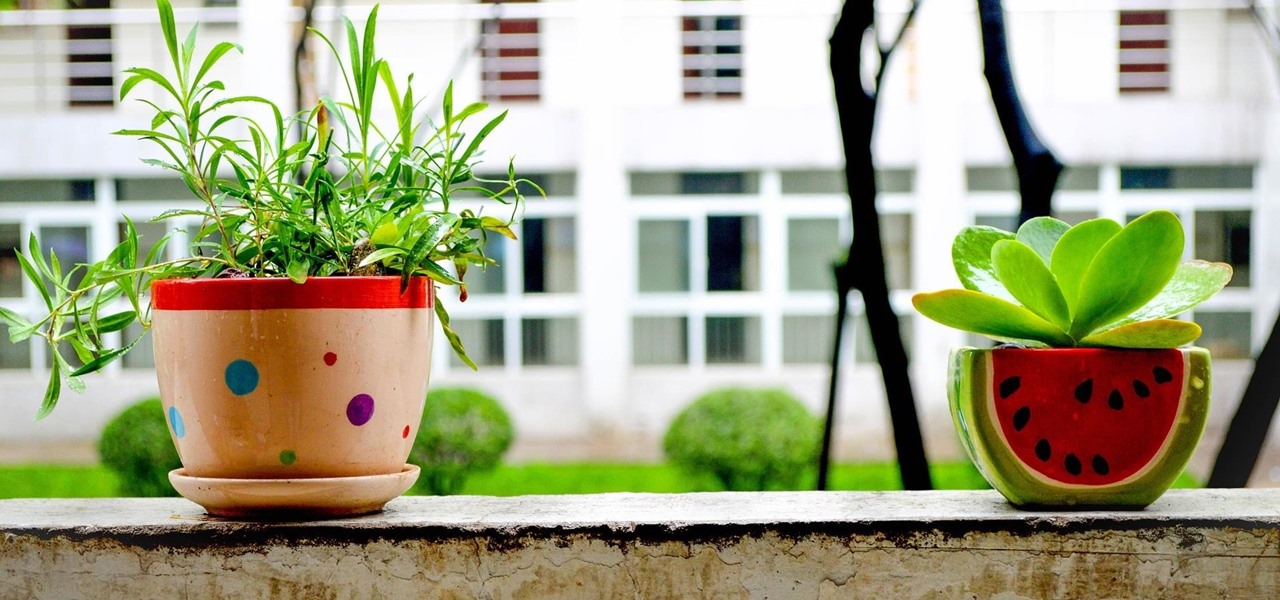
How To: Here's How to Compost if You Are an Apartment Dweller
Being a city dweller does not mean you cannot save the planet — or your food scraps. Climate change and resource management are big issues. Composting in any size space is not only possible, but it gives you a chance to reduce greenhouse gasses and reuse food scraps. Right now, about 40% of all food in the US goes to the landfill. In addition to planning meals and using your food in creative ways to reduce the amount that goes to waste, you can compost.

News: A Protein Found in Ticks Can Help Kill MRSA Infections
As researchers from Yale searched our environment for compounds to aid in the battle against drug-resistant bacteria, they got an unlikely assist from ticks.
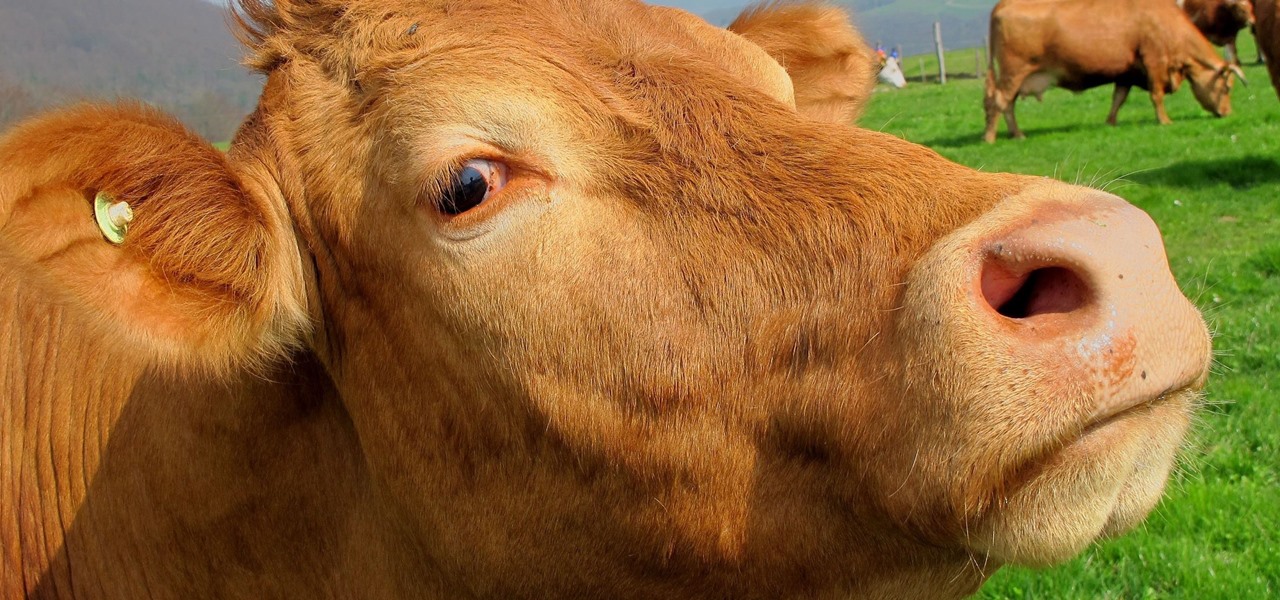
News: Researchers Look to Cows to Create Vaccine for HIV
A vaccine against HIV might prevent the disease that we can't seem to cure. Some HIV patients make antibodies that can take down the virus, much the way a vaccine might. But, scientists haven't been able to provoke that type of response in other people. However, in a process that might work in humans, a group of researchers has successfully generated antibodies in cows that neutralize multiple strains of HIV.
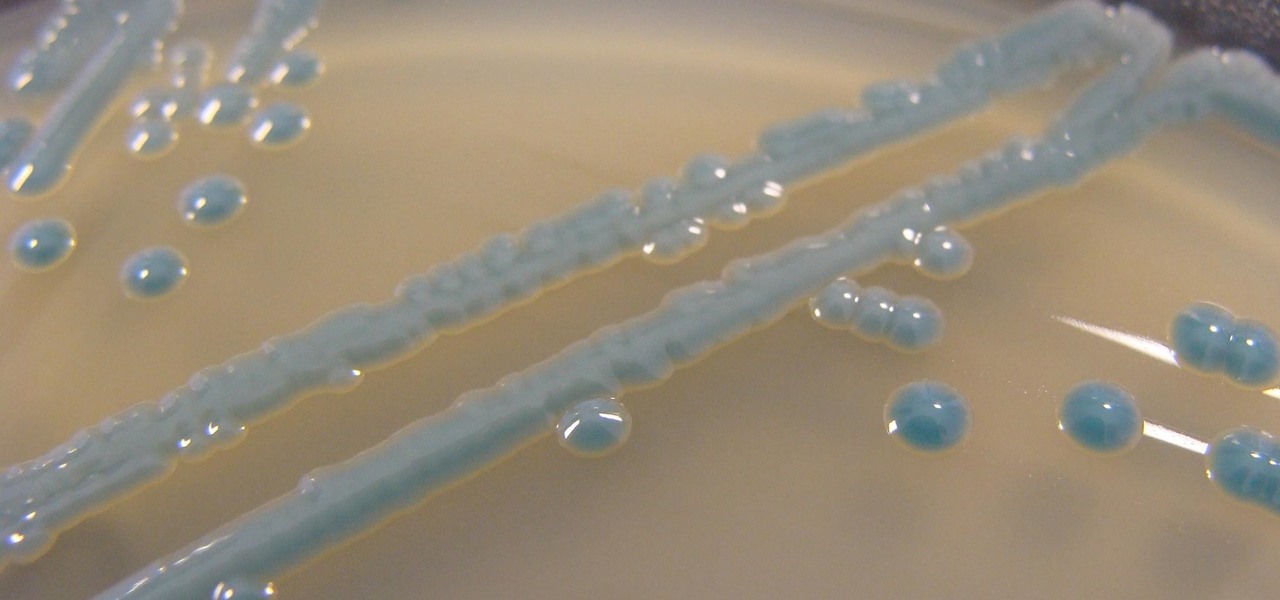
Step Aside MRSA & C Diff: Researchers Just Found 3 New Healthcare Associated Infections
The growing list of dangerous antibiotic resistant organisms has just acquired three new members. Researchers have discovered three new species of Klebsiella bacteria, all of which can cause life-threatening infections and have genes that make them resistant to commonly used antibiotics.
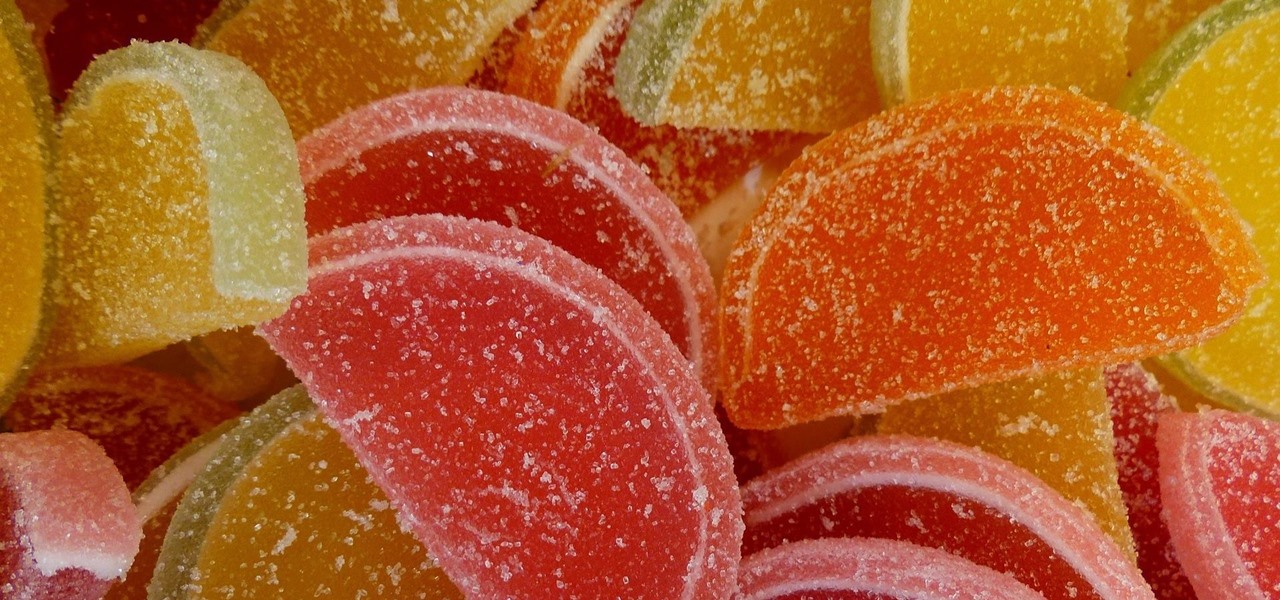
Sweeter Than Blood: Researchers Are Making Mosquitoes' Preference for Sugar Deadly
If you have a taste for sweets, you have at least one thing in common with mosquitoes. While too much sugar is unhealthy for humans, a new product makes sweets deadly to mosquitoes.
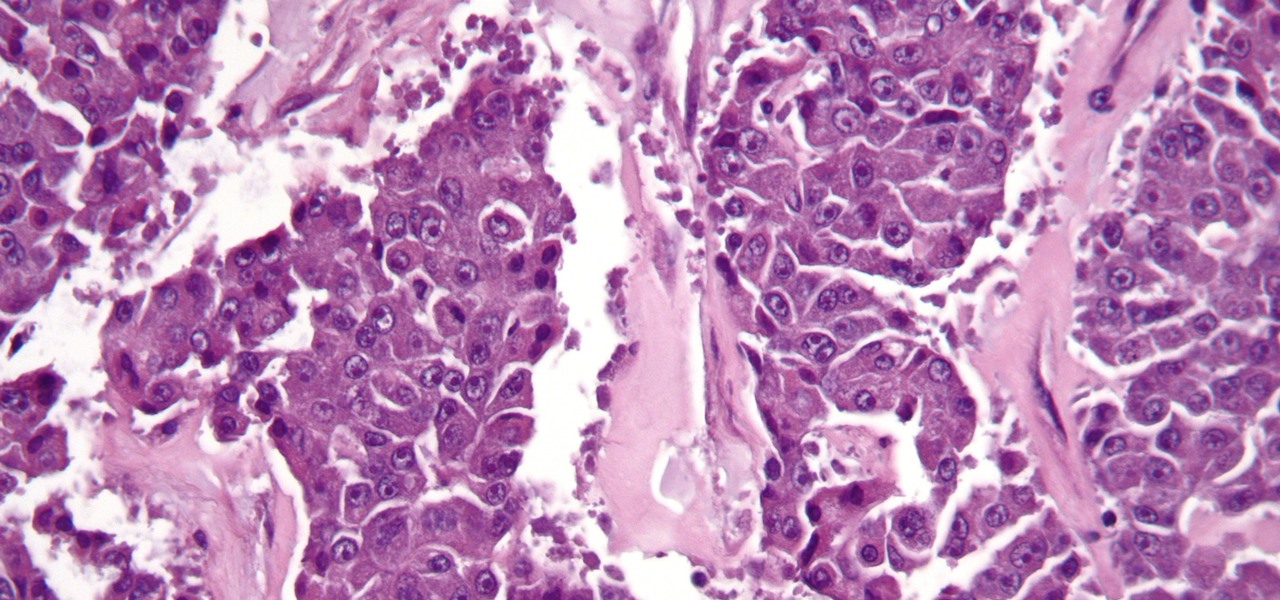
News: This Modified Common Cold Virus Specifically Targets & Kills Cancer (& Leaves Healthy Cells Alone)
The search for a cancer treatment that selectively finds and kills only the cancerous cells has just made a giant leap forward.

News: Scientists Are Using Targeted Light to Help the Immune System Track Down Tumors
We fight cancer in a variety of ways, but no matter whether drugs, biologics, or our immune cells are part of the battle, they can do a better job fighting back cancer if we can help them find the tumors.

News: Gut May Hold Key to Infectious Brain Diseases
Specialized cells in the lining of the gut may provide a key to preventing an infectious brain disease caused by misfolded proteins.

News: Melting Ice Sheets Are Releasing Toxins in Our Water — Bacteria Could Take Some of That Out of Play
Windborne microbes shifting in the snows of the great ice sheet of Greenland may be able to neutralize some of the industrial contaminants oozing out of the melting ice.
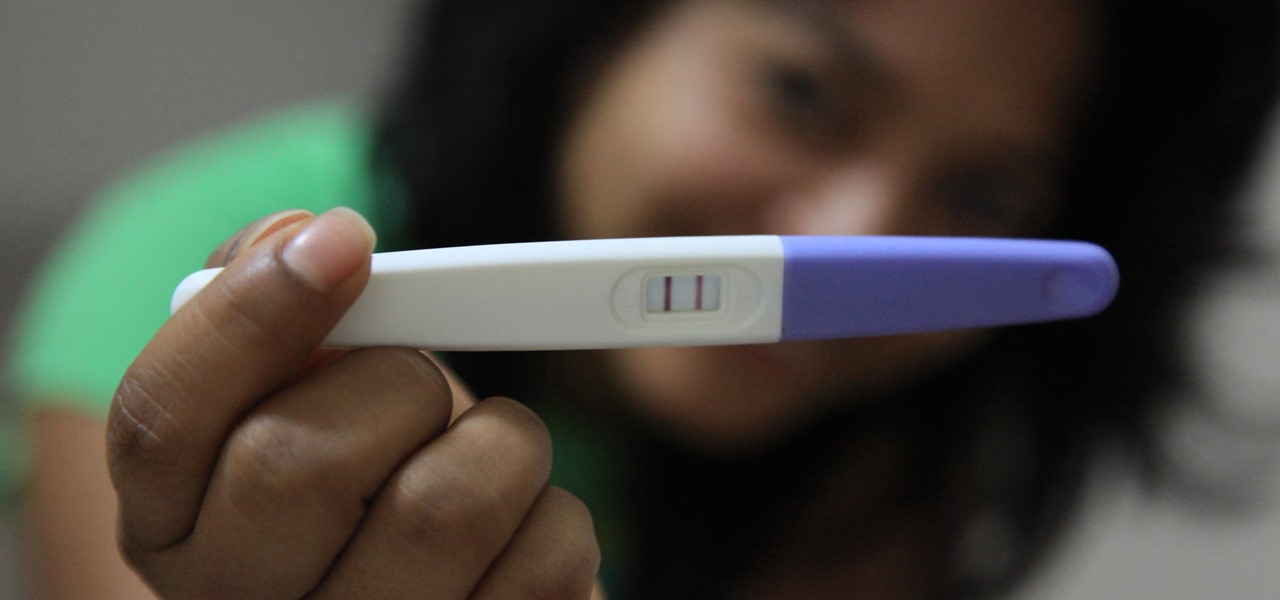
News: New Research Makes Detecting Flu as Easy as a Pregnancy Test
Could your fever, body aches, cough, and sore throat be the flu? Soon, finding out may not involve a trip to the doctor.
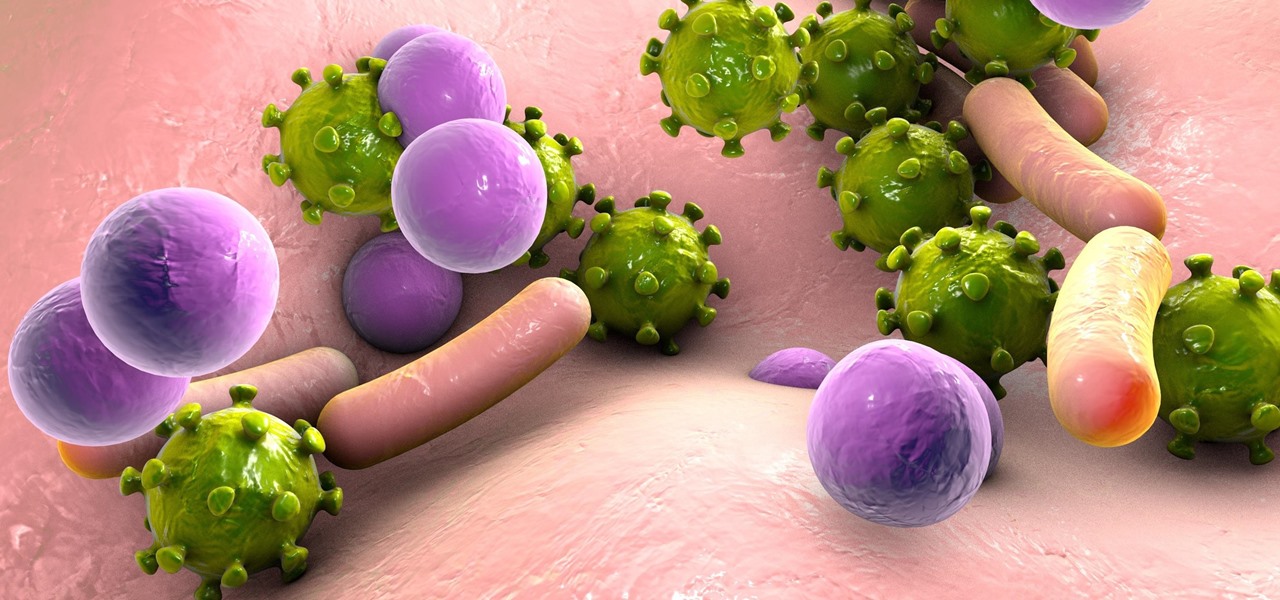
News: HIV Co-Opts the Body's First Line of Defense—Using It as a Shuttle to Take Over
A new study just out reveals that HIV takes hold in the human body with the help of cells that usually work to heal, not kill.

News: Unique Way Gonorrhea Breaks Down the Female Body's Defenses
Usually, the mucus lining of the female genital tract presents a barrier that helps prevent infections. But, somehow, the bacteria that causes gonorrhea gets around and through that barrier to invade the female genital tract.
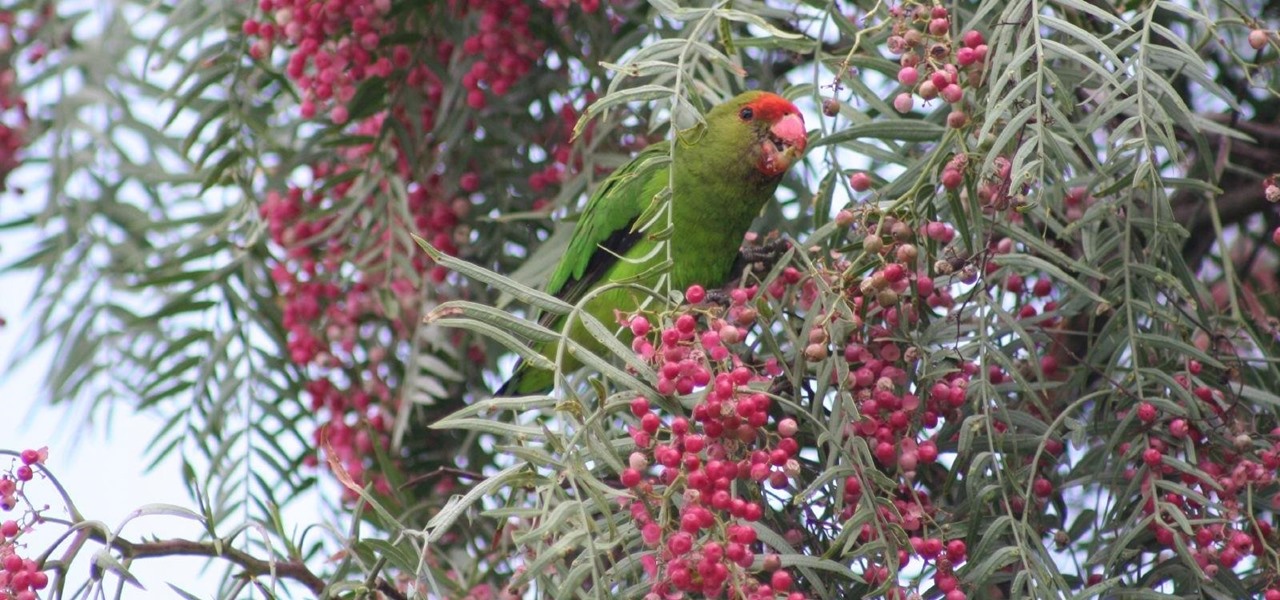
News: A Compound from This Florida Weed Could Kill Deadly MRSA Staph Infections
A rose by any other name may smell as sweet, but one annoying invasive weed may hold the answer to treating the superbug MRSA. Researchers from Emory University have found that the red berries of the Brazilian peppertree contain a compound that turns off a gene vital to the drug-resistance process.

News: This Bacteria Could Be a Signal That Your Baby's Coming Early
The rate of preterm birth has been increasing in the United States for unknown reasons, causing increased health risks for infants born too soon. But researchers may have found a signal that could help doctors plan ahead for, or even prevent, early birth with a simple swab of the vagina and cervix during pregnancy.
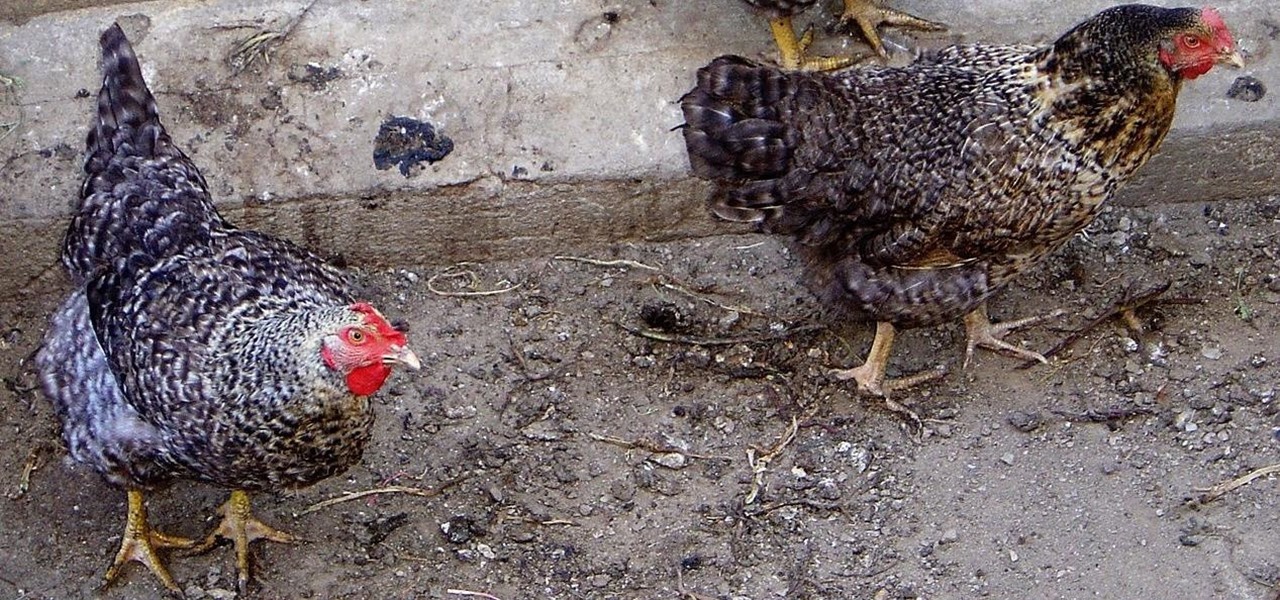
News: Malaysia in a State of Emergency with an Extensive H5N1 Bird Flu Outbreak
A state of emergency has been declared in Malaysia's northeastern Kelantan state after an outbreak of avian influenza virus H5N1.
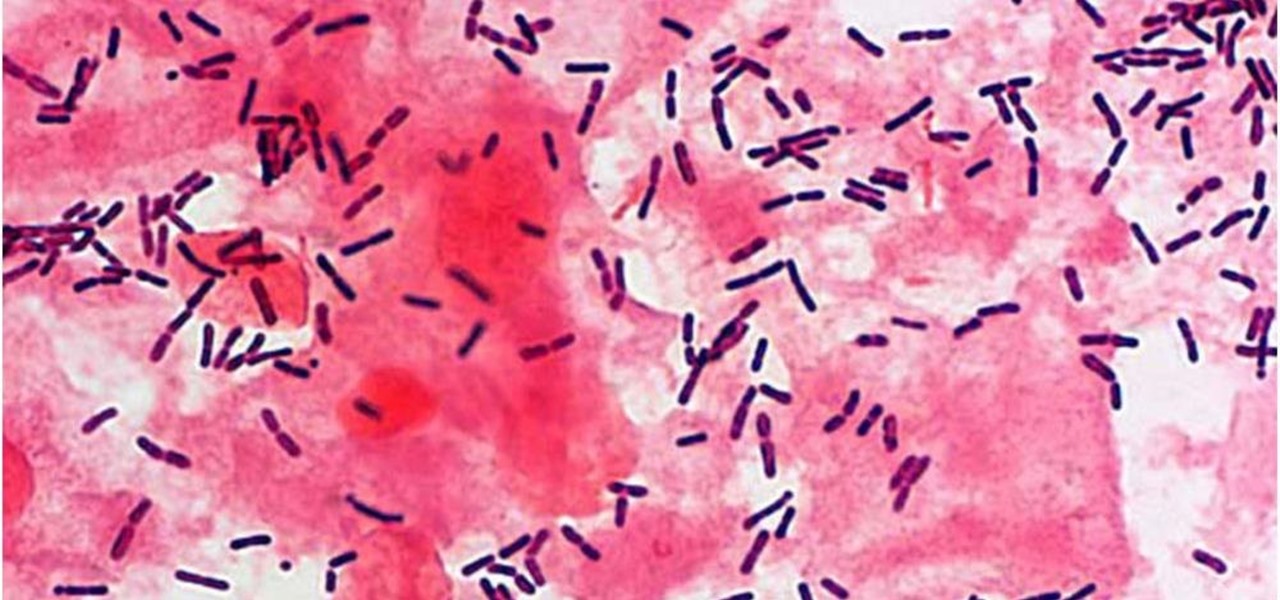
News: An Unhealthy Vaginal Microbiome Can Increase Risk of HIV Infection
The presence of certain bacteria can indicate whether the vaginal tract is healthy or not. It could also impact the likelihood of acquiring certain sexually transmitted diseases, like HIV, a new study suggests.
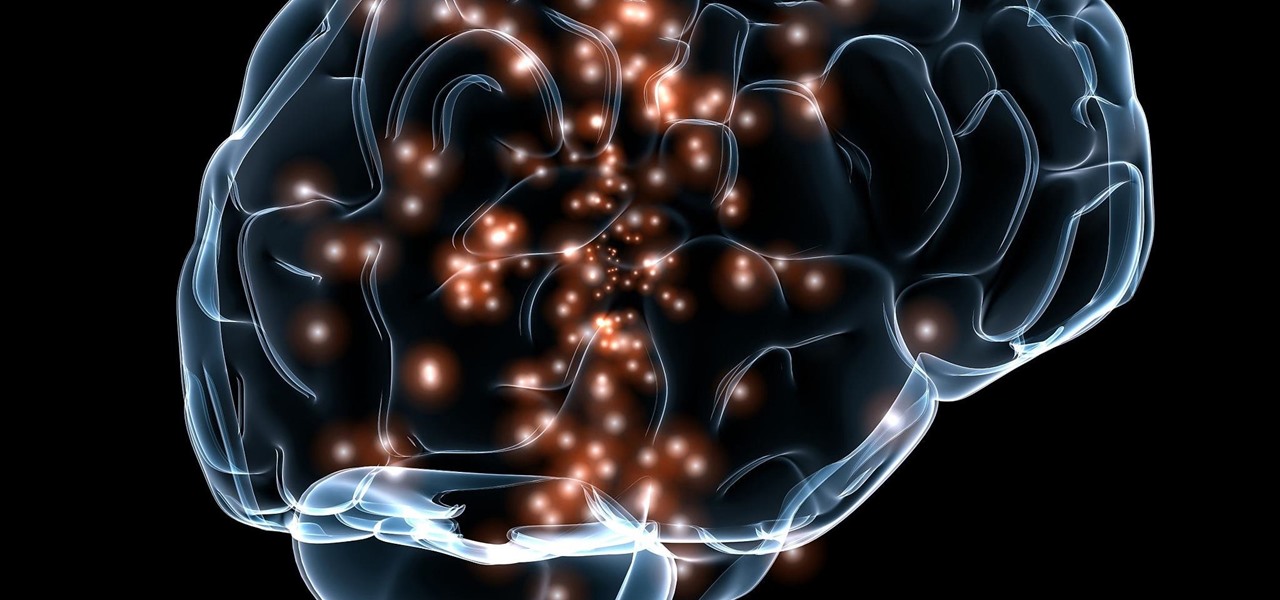
News: How Viruses Might Cause Brain Changes & Learning Problems
Despite mounting scientific evidence that viruses can cause changes in learning and memory, the reasons have remained elusive.

News: New JAMA Study Shows That Testing Gut Bacteria Can Predict Risk of Heart Attack
It feels like someone reached into your chest and squeezed. Your head throbs in unison with your heartbeat. Clammy dread coats your body in sweat. Whether you call 911 or someone does it for you, the ER is your next stop.
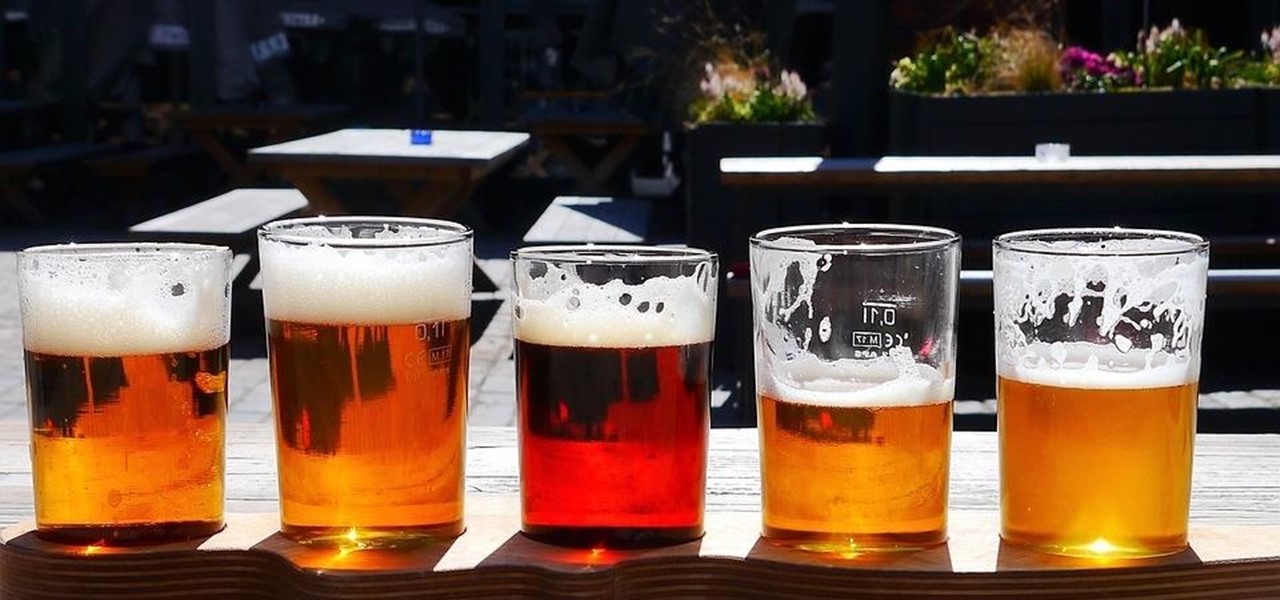
News: Undergrad Student Scientist Made Beer Good for You — and Your Gut Microbes — by Adding Probiotics
When Chan Mei Zhi Alcine chose her senior project, she thought outside the box by thinking inside the bottle. Along with a research team at her university, she found a way to combine health and enjoyment, while meeting a challenge not so definitively met before in alcoholic beverages. She and a research team at her university claim they've created the world's first probiotic sour beer.
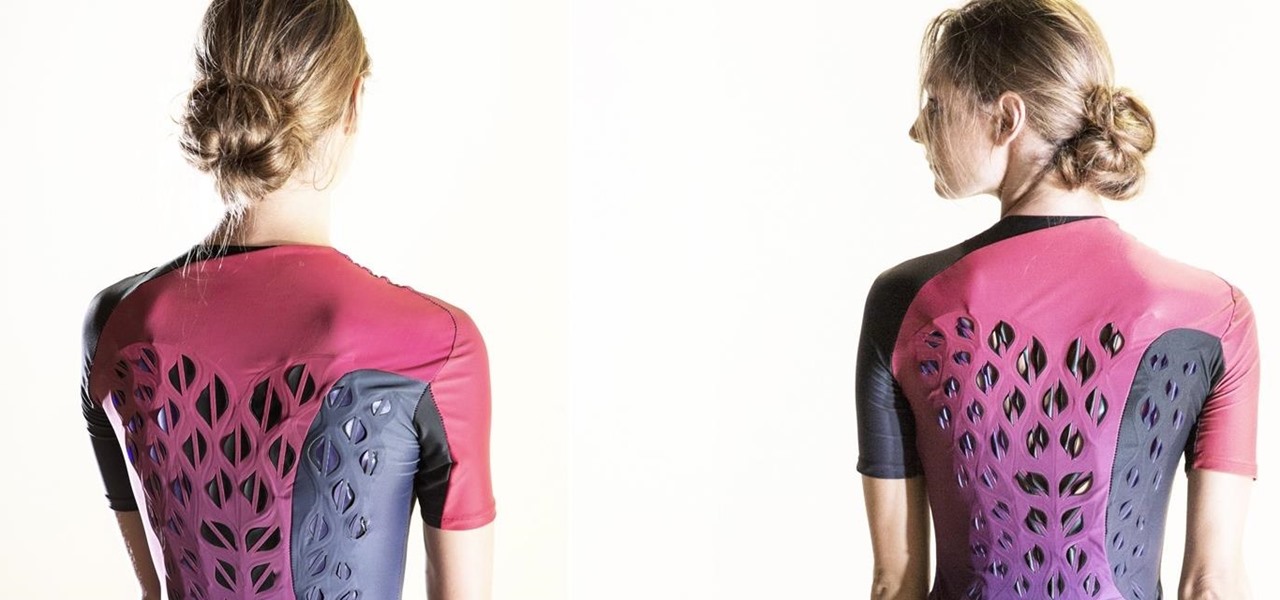
Don't Sweat It: New Workout Clothes Put Microbes to Work Keeping Us Cool & Dry
Microbial cells can improve the functionality of clothes in creative and useful ways, including cooling us down during a workout or making clothing glow for better visibility.
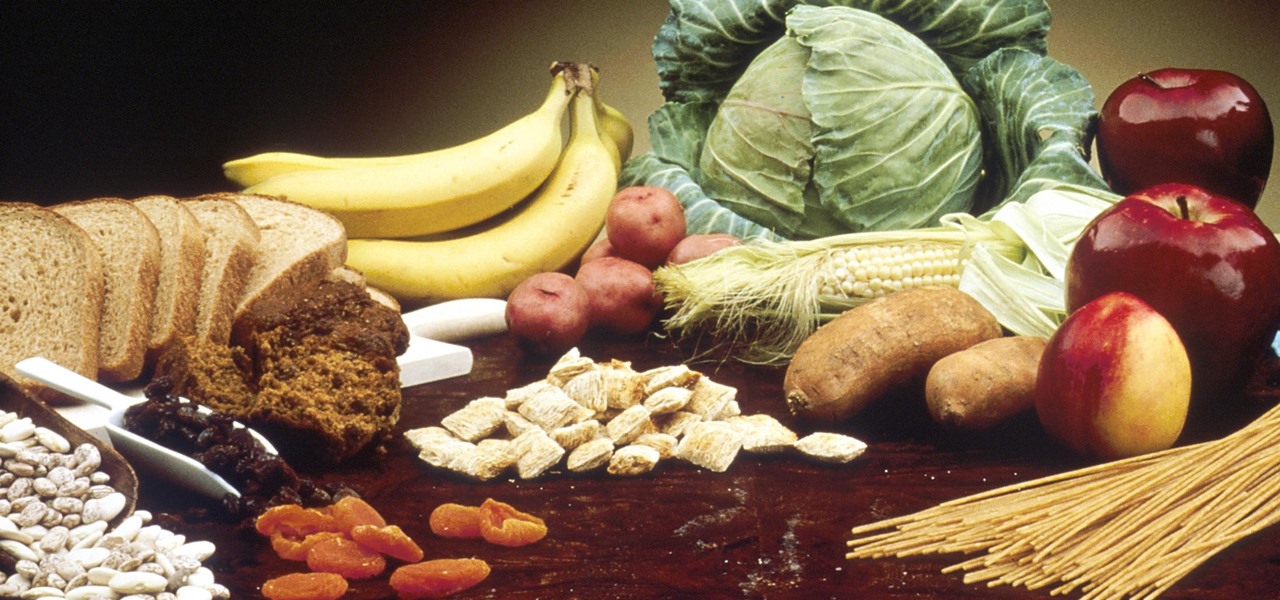
News: How Your Diet & Gut Bacteria Work Together to Reduce Risk of Colon Cancer
We all know you are what you eat—or so the expression goes—but it's good to remember that what you are (at least intestinally) is mainly bacteria. A new study has shown that what you eat, and how your gut microbiome reacts to that food, might be a key player in your risk of developing a certain type of colon cancer—and changing your diet can help decrease your risk.

News: And the (Heart) Beat Goes On ... Thanks to Newly-Discovered Role of Macrophages
Electrical impulses course through our heart and keep it beating. That's why a jolt from an automated external defibrillator can boost it back into action if the beating stops. But new research says there may be more to keeping a heart beating than just electrical impulses.
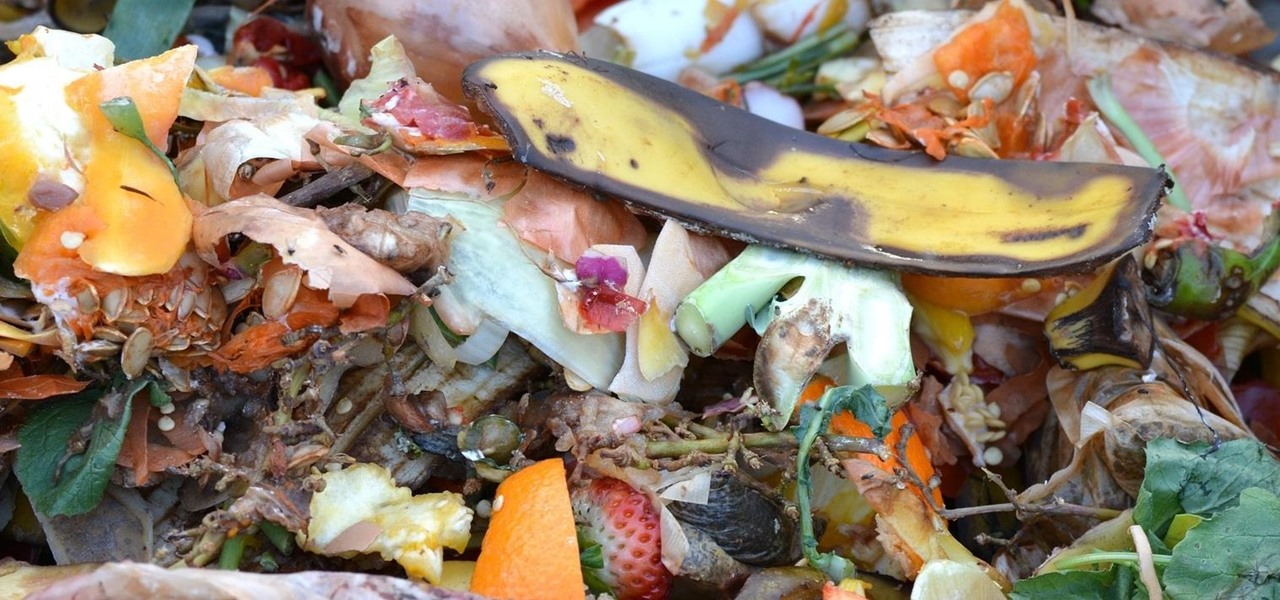
Soil Science: How Microbes Make Compost to Feed the Soil
Are you looking for a little microbe magic? Think composting. Composting is a great way to reuse food and plant waste that you would otherwise throw into the trash, which would just end up in a landfill somewhere. During the composting cycle, microbes reduce this organic waste until it can be fed back into the soil as rich, crumbly compost. When returned to the soil, compost feeds plants and improves the nature of life underground. Sound like a great idea? It is — and it's easy.
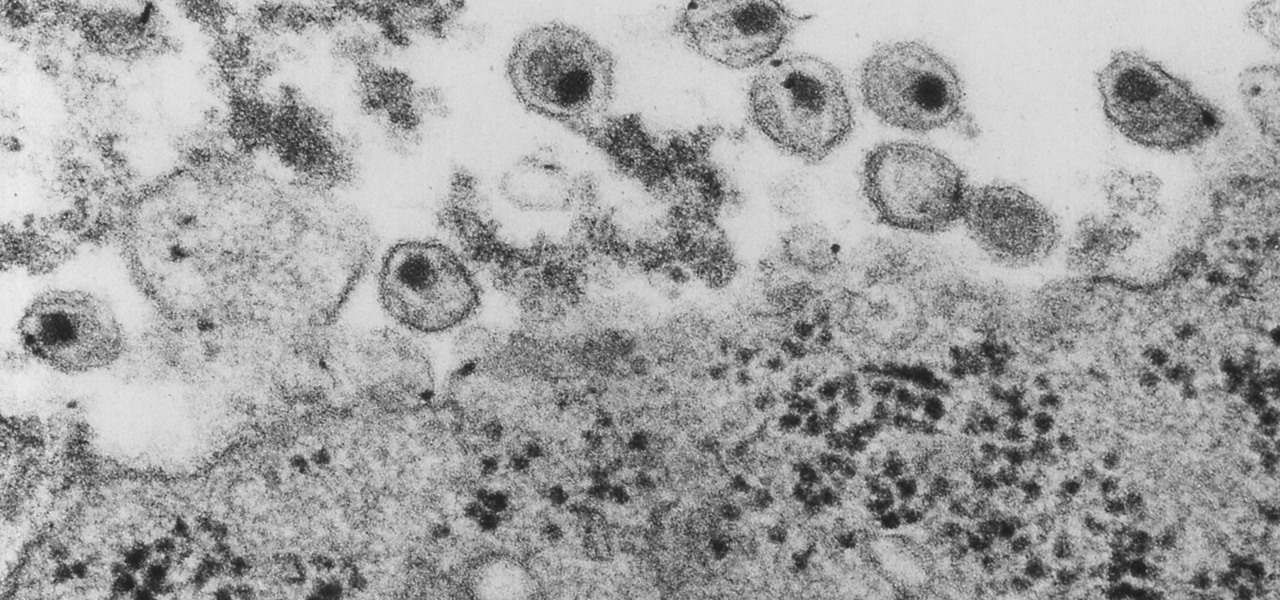
News: Turning Off the Immune System May Turn on Protection Against HIV
Even though HIV rates declined 18% between 2008 and 2014, 1.1 million people in the US are living with the infection. Part of that is because HIV is treatable, but not curable.
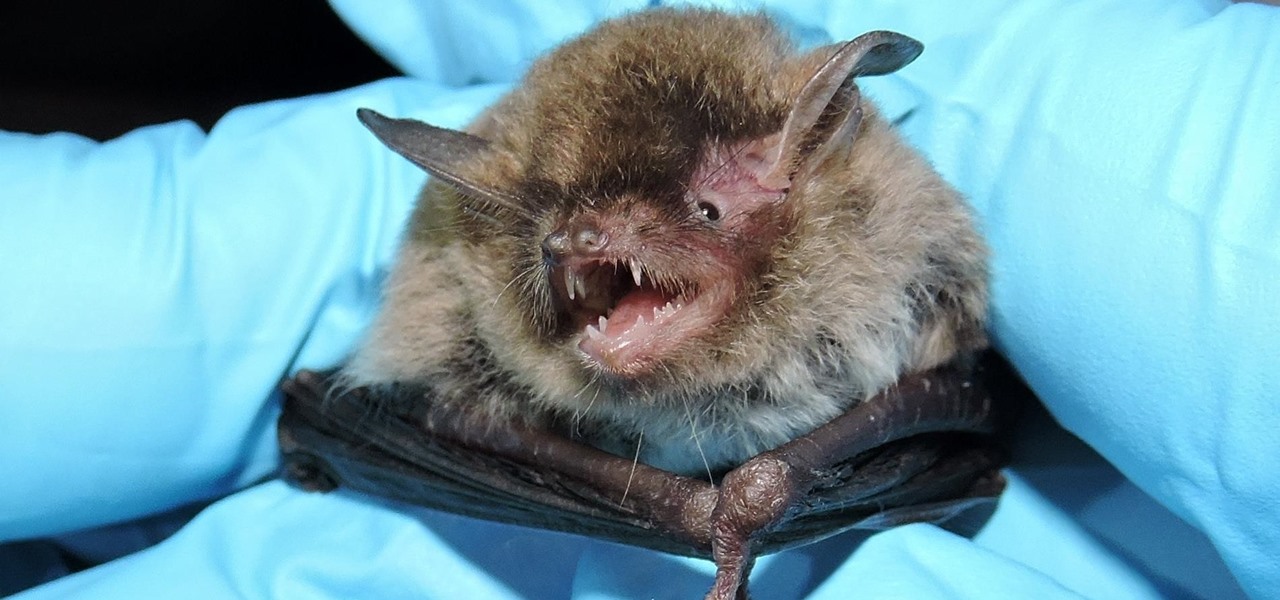
News: Bad News for Bats — Deadly Fungus Spreading This Summer
While not cuddly to most, bats are shy, skilled flyers that fill an important role in their environments. A new study reveals a deadly disease decimating North American bat populations has stepped up its attack on vulnerable bat populations in the summer months.
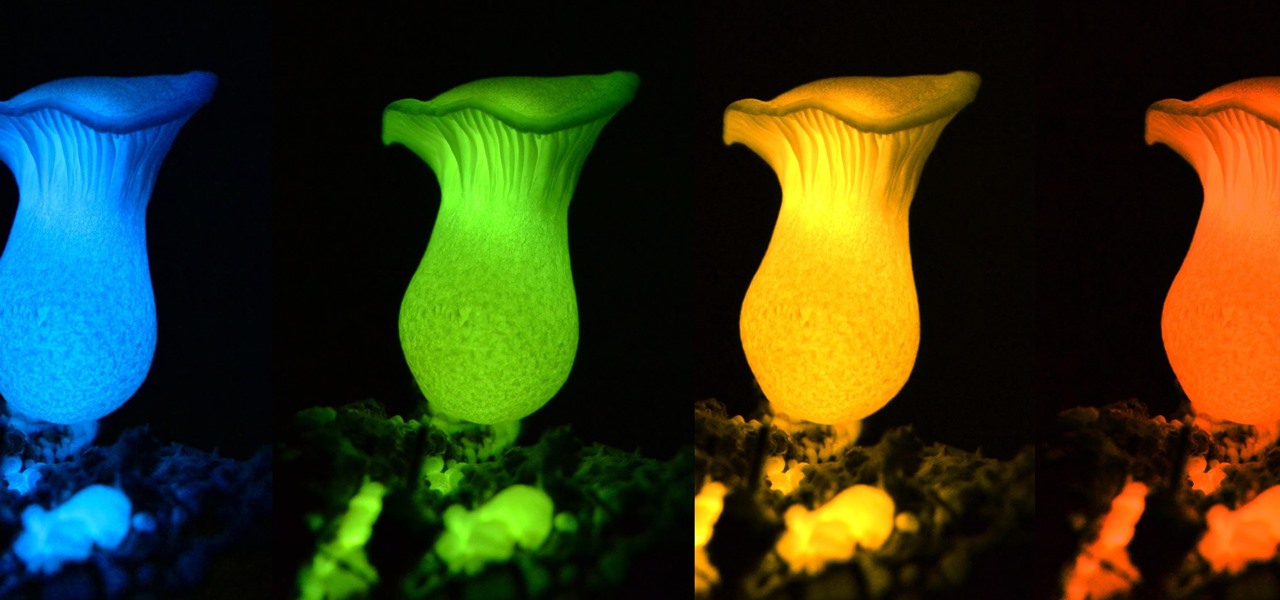
News: We've Finally Figured Out Why Some Mushrooms Glow
Bioluminescence — the ability of an organism to produce and emit light — is nature's light show. Plants, insects, fish, and bacteria do it, and scientists understand how. Until now, though, we didn't know how fungi glow.

News: 4 Billion Year Old 'Fossil' Genes May Be Our Secret Weapon Against Infection
The evolution of our infection-fighting systems may have something to teach modern scientists. That's what a group from the University of Granada in Spain found when they studied a protein that's been around for over four billion years. Their work, by senior author José Sánchez-Ruiz and colleagues in the Department of Physical Chemistry, was published in the journal Cell Reports.
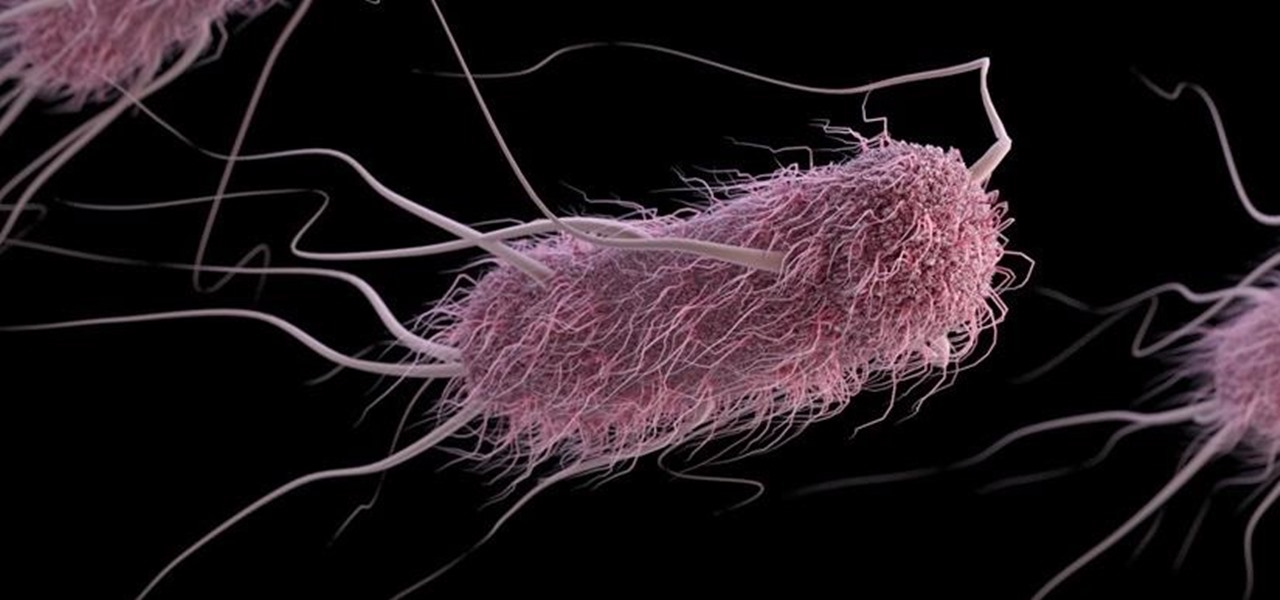
Synthetic Biology: Student Team Gives Dangerous E. Coli a New Role as Bacteria Detective
A gold-medal winning entry into the iGEM synthetic biology competition could change the way we look at Esherichia coli, the bacteria better known as E. coli.
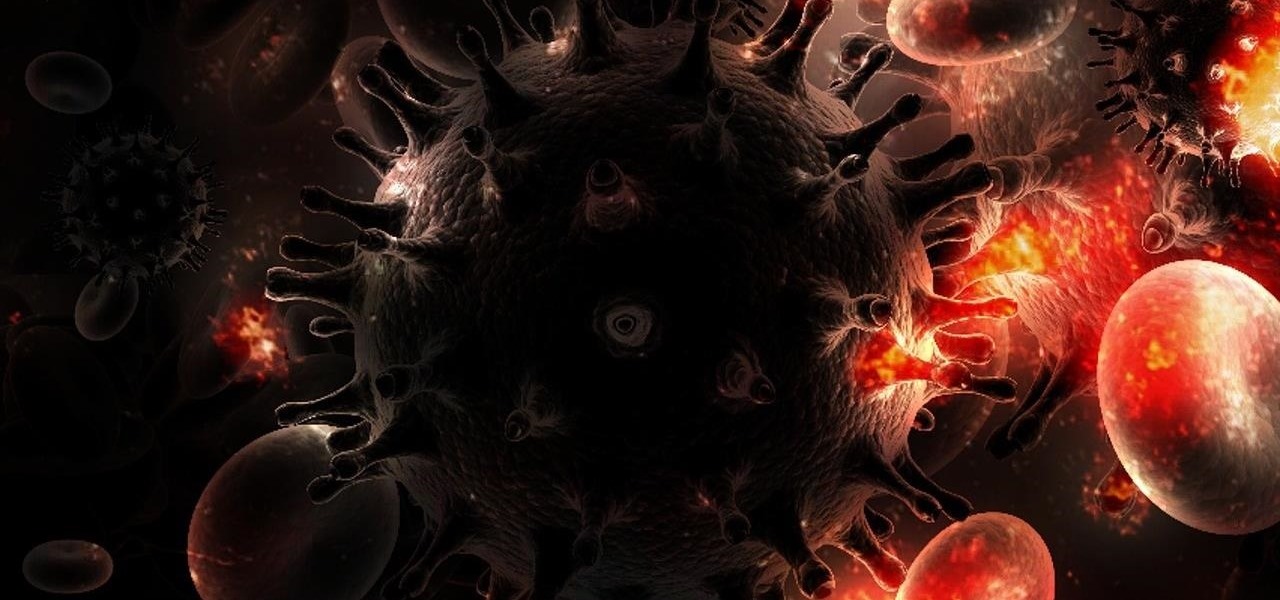
News: We've Found the Back Door HIV Uses to Hide in the Brain—& It Could Help Us Take the Virus Down
Over 1.2 million people in the US are infected with human immunodeficiency virus (HIV)—and one out of eight of them don't know it. Even after decades of intense research into the virus, there's still no cure for it. One of the big problems is that the virus hides out in certain cells of the body, resisting treatments that kill it.
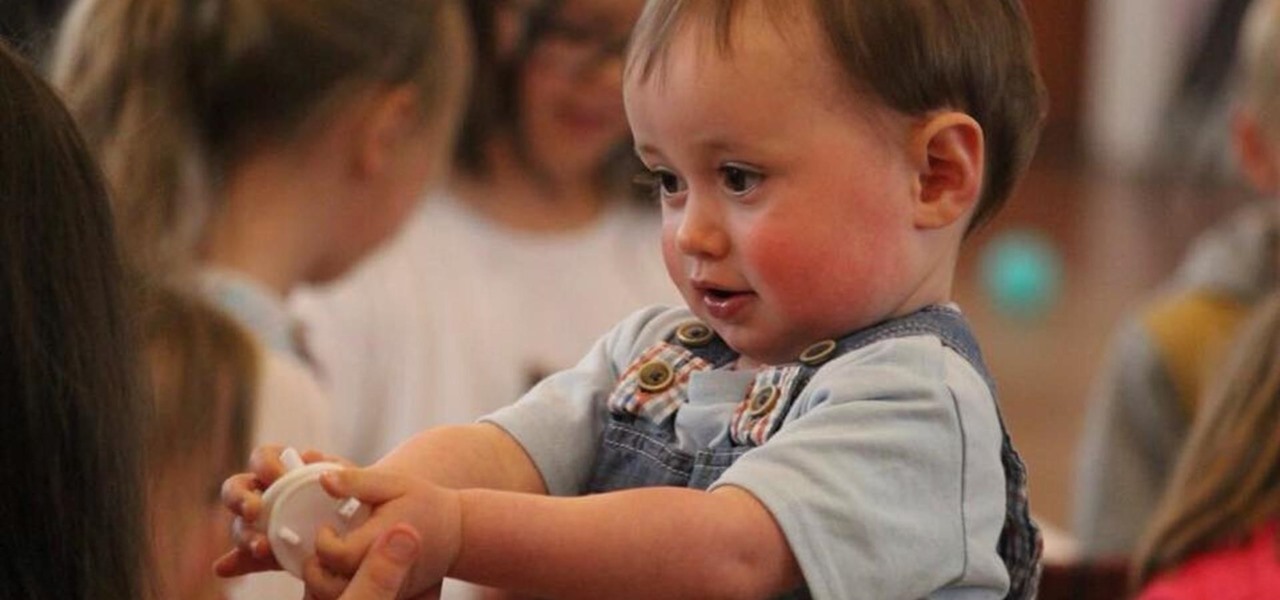
Lucky Break: Pneumococcal Vaccine Fights Off Ear Infections, Too
More prescriptions for antibiotics are written for ear infections than any other type of infection. A new study comparing the incidence and causes of ear infections in children between the ages of six months and three years found that the incidence of ear infections over the last decade has dropped significantly since the 1980s.

News: Newborns Contract Potentially Fatal Legionnaires' Disease from Birthing Tubs
Legionnaires' disease is named after 1976 outbreak in Philadelphia that sickened 221 people and killed 34. More often striking adults over the age of 50, the Centers for Disease Control and Prevention (CDC) recently reported two cases where newborns contracted the often fatal disease — at their moment of birth.
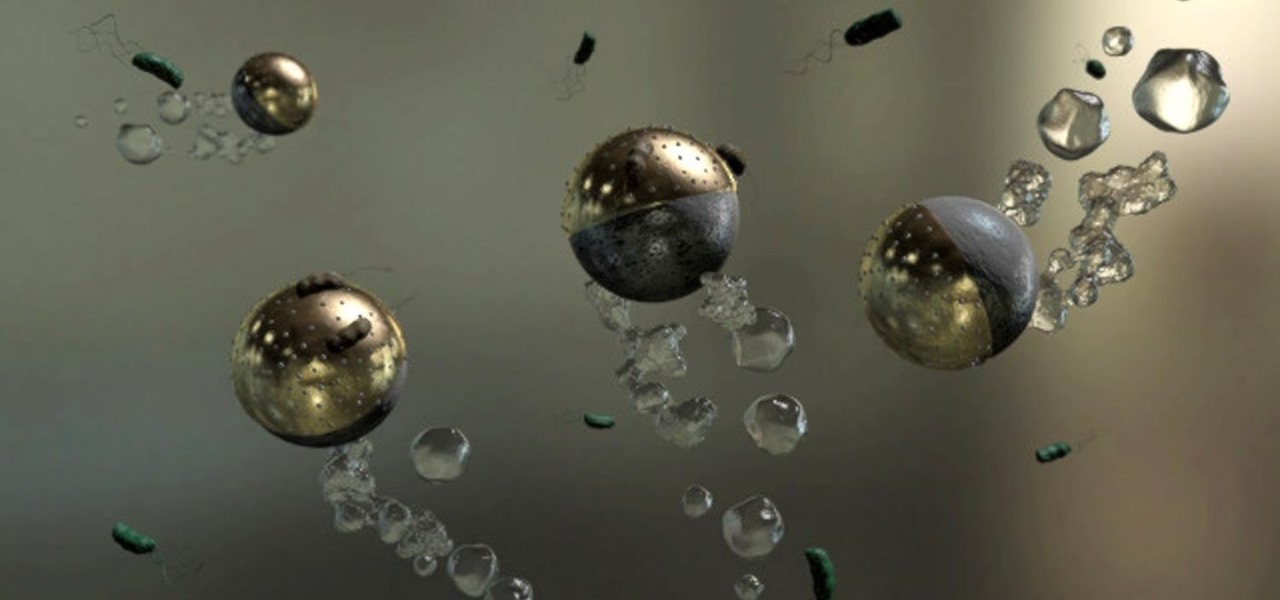
News: Microbots to the Rescue! Swimming Bots Kill Bad Water Microbes
Look no further than Flint, Michigan, to discover the serious consequences of contaminated drinking water. Around the world, water polluted by pathogens and toxins sickens people or cuts them off from safe drinking water. Looking for a solution, researchers created tiny, swimming robots that pack a powerful punch against waterborne pathogens.
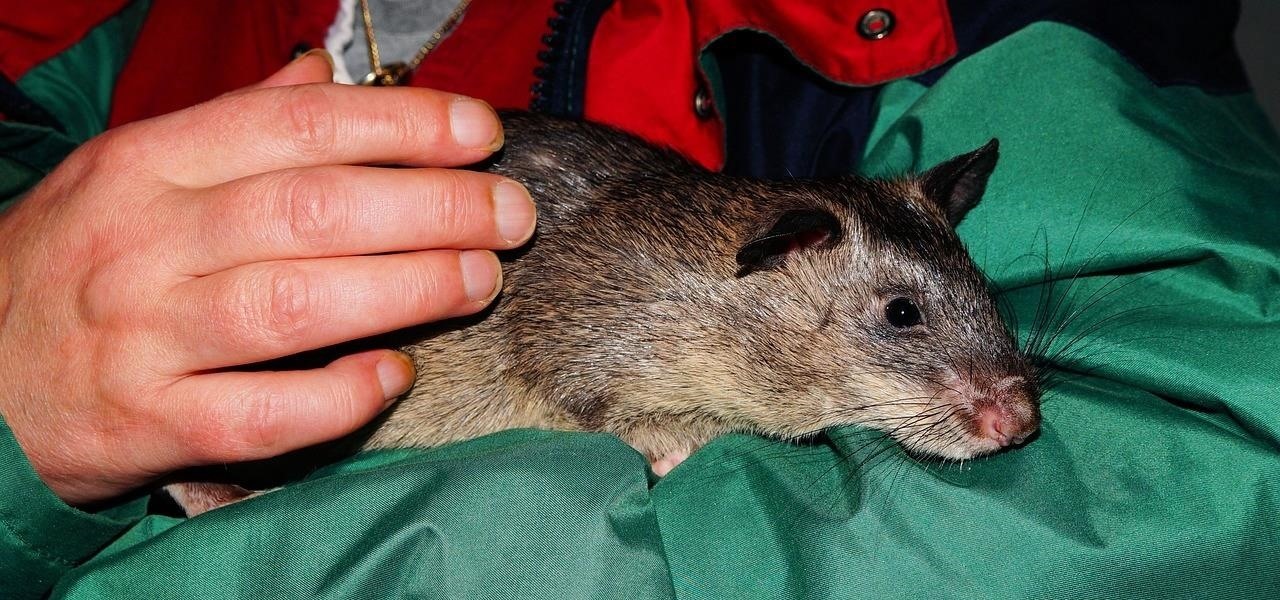
News: Rat Breeders in Illinois Are Just the Latest Victims of Unappreciated Hantaviruses That Infect Humans
A recent pathogen outbreak in Illinois is just one of many outbreaks of an underappreciated, but serious, viral infection passed from rodents to humans. These hantaviruses have been cropping up more frequently in the last decade or so, giving us more reason to clean out our dusty attics, basements, and garages.

News: Dangerous Dengue Fever Could Go Worldwide, with Help from Air Travel & Climate Change
Rising on the world stage, dengue fever is transmitted by mosquitoes — and apparently air travel too.
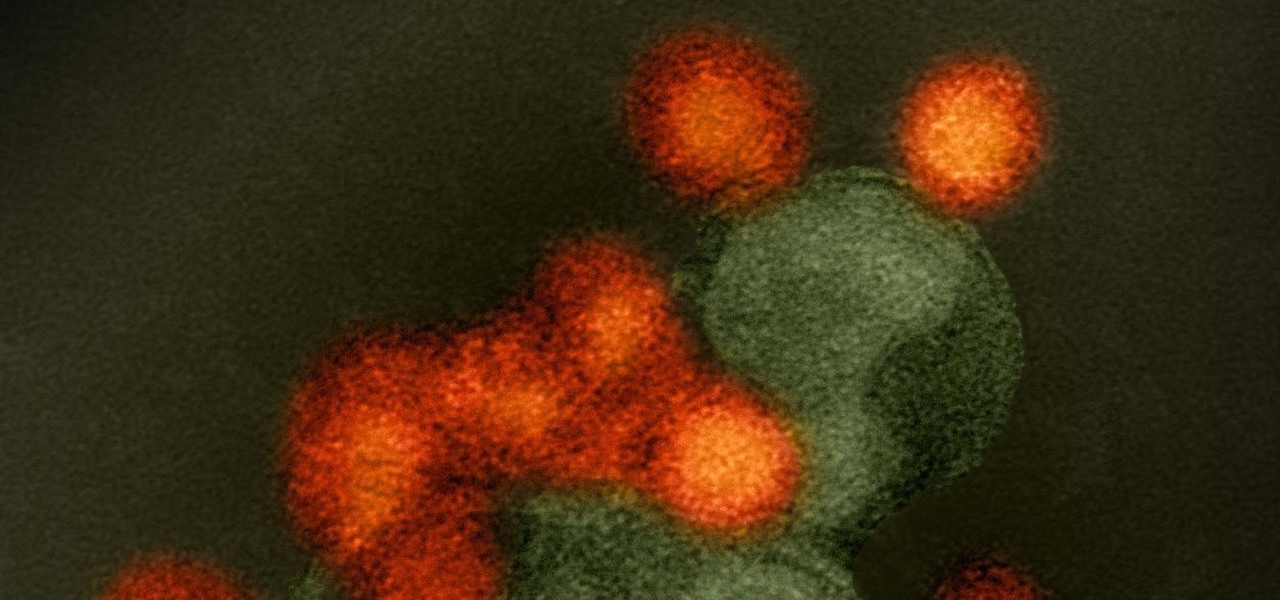
News: Vaginal Probiotics Could Slow Zika & Other STD Infections
We might think of Zika as a mosquito-borne virus that effects developing fetuses, but, it also can be passed through sex by either a man or a woman, just like herpes and other STD viruses. New research has shown that vaginal bacteria can inhibit sexually transmitted Zika virus and Herpes Simplex Virus-2 in women.
